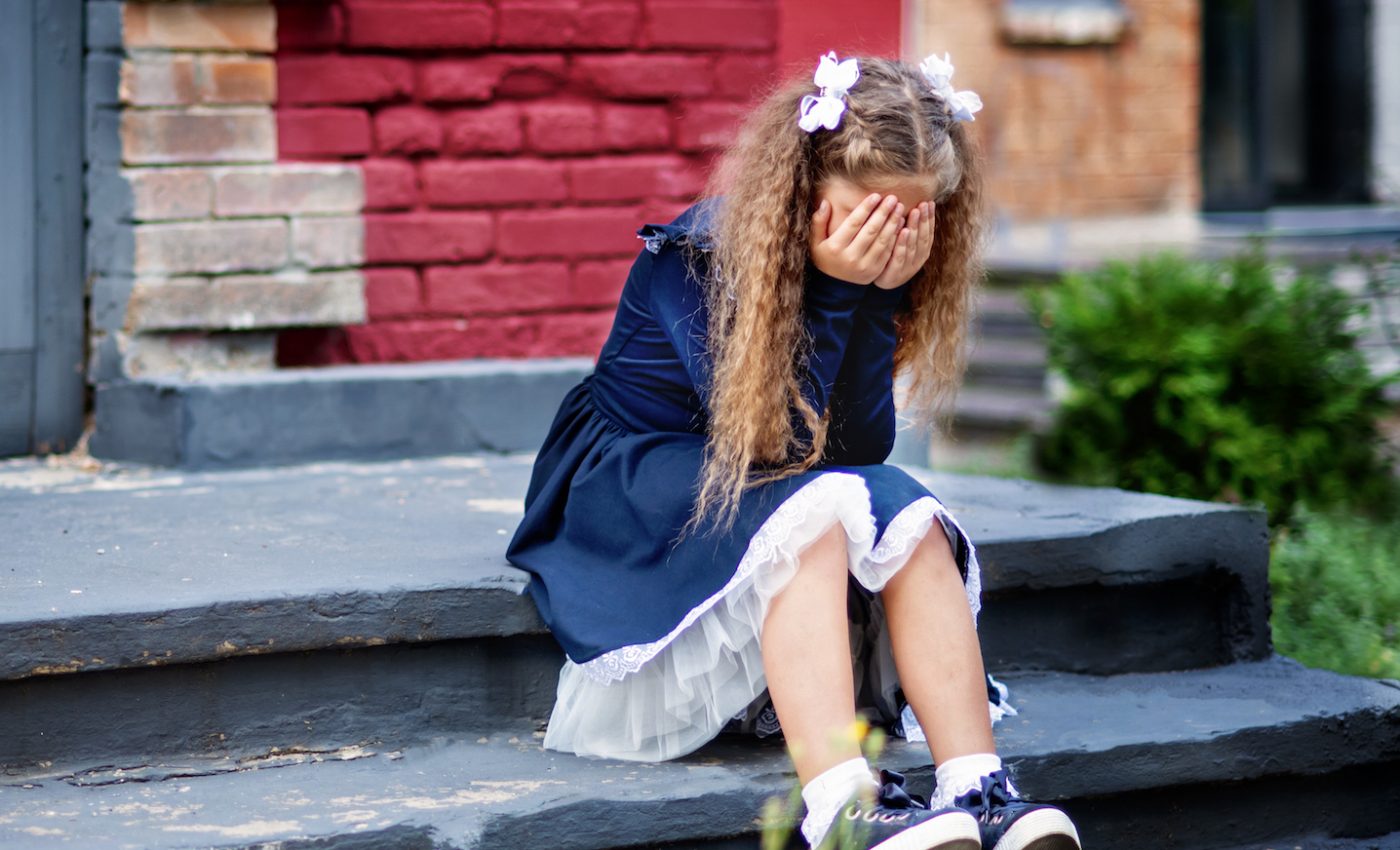
Girls often experience a drop in confidence at around 6 years old
Research has shown that girls are at risk of having lower self-esteem compared to boys starting around the age of six. But now, a study from the University of Queensland has revealed that girls who attend single-sex schools seem to be unaffected by this crash in confidence.
The investigation was focused on more than 10,000 students between the ages of 12 and 17 in single-sex schools across South East Queensland. The researchers found that there was no significant difference between the self-confidence of boys and girls.
According to the researchers, the findings help to address workplace gender inequality starting with the education of young people.
Study lead author Dr. Terry Fitzsimmons is a UQ Business School researcher and the director of the Economics Centre for Gender Equality in the Workplace
“There have been few examinations into whether boys and girls actually differ in self-confidence, and what experiences, activities and decisions impact on levels of self-confidence in adolescents, which is a marker for future career success,” said Dr. Fitzsimmons.
“We set out to comprehensively understand what factors contribute most to developing a young person’s self-confidence and shaping their career preferences, how these differ for girls and boys, and how they change in high school.”
“By understanding these important factors and their levels of influence, we can help schools and parents more effectively develop self-confidence, career intention and leadership capacity in young people.”
Students were asked about their self-confidence levels, leadership experiences, time spent on chores, part-time work and study commitments, and career aspirations.
Dr. Fitzsimmons hopes the insights from the study will positively influence family routines, as well as school and government policies.
“Key recommendations include urging parents to assign and pay chores equally, encouraging schools to prioritise excursions to help develop self-confidence, and urging industries traditionally dominated by one gender to send diverse role models to schools to talk about careers,” said Dr. Fitzsimmons.
“Correcting the gender imbalance in the workforce and creating a more equal and fair society is everyone’s responsibility and it’s important we start now.”
“We hope our research will empower caregivers and teachers to inspire confidence and purpose in young adults, especially when they are deciding on their subjects and careers, which can be as early as 13 years of age.”
“We also hope parents adopt these practical measures in their own homes and practices, to ensure our future leaders consider all careers equally, and have a solid understanding of fairness and equality in all aspects of their lives.”
The Hands Up for Gender Equality study was launched by the Australian Institute for Business and the Economics Centre for Gender Equality in the Workplace.
—
By Chrissy Sexton, Earth.com Staff Writer













